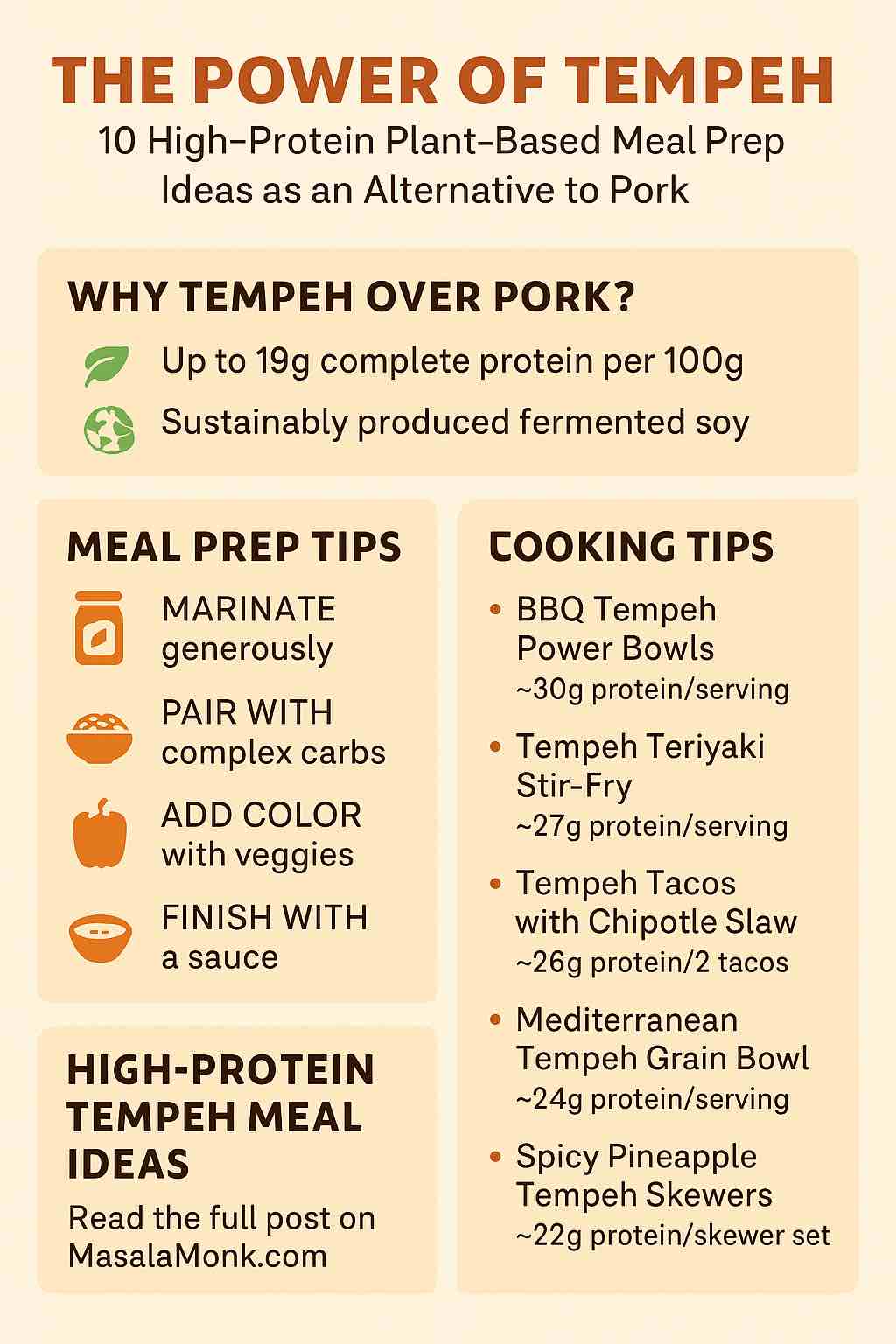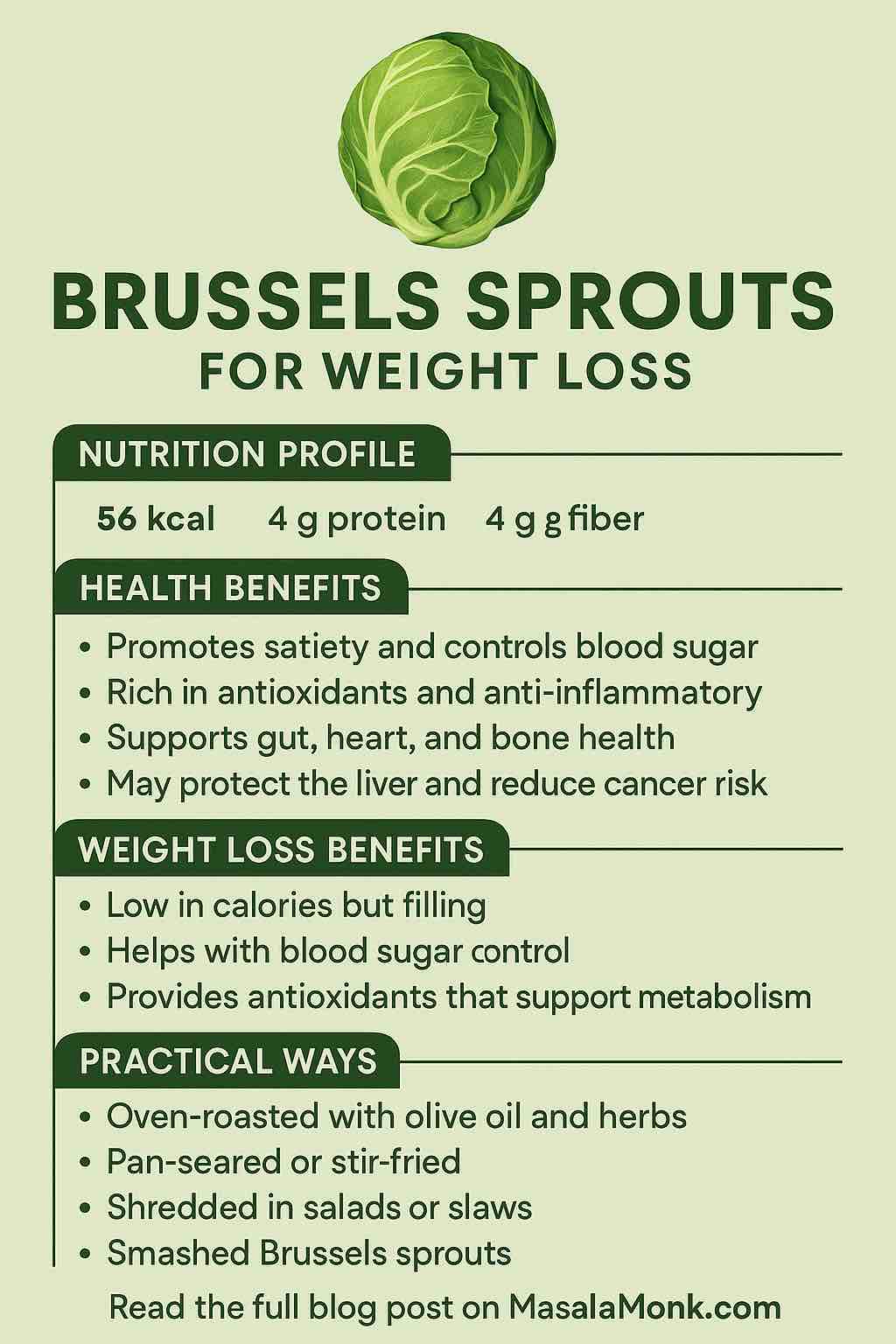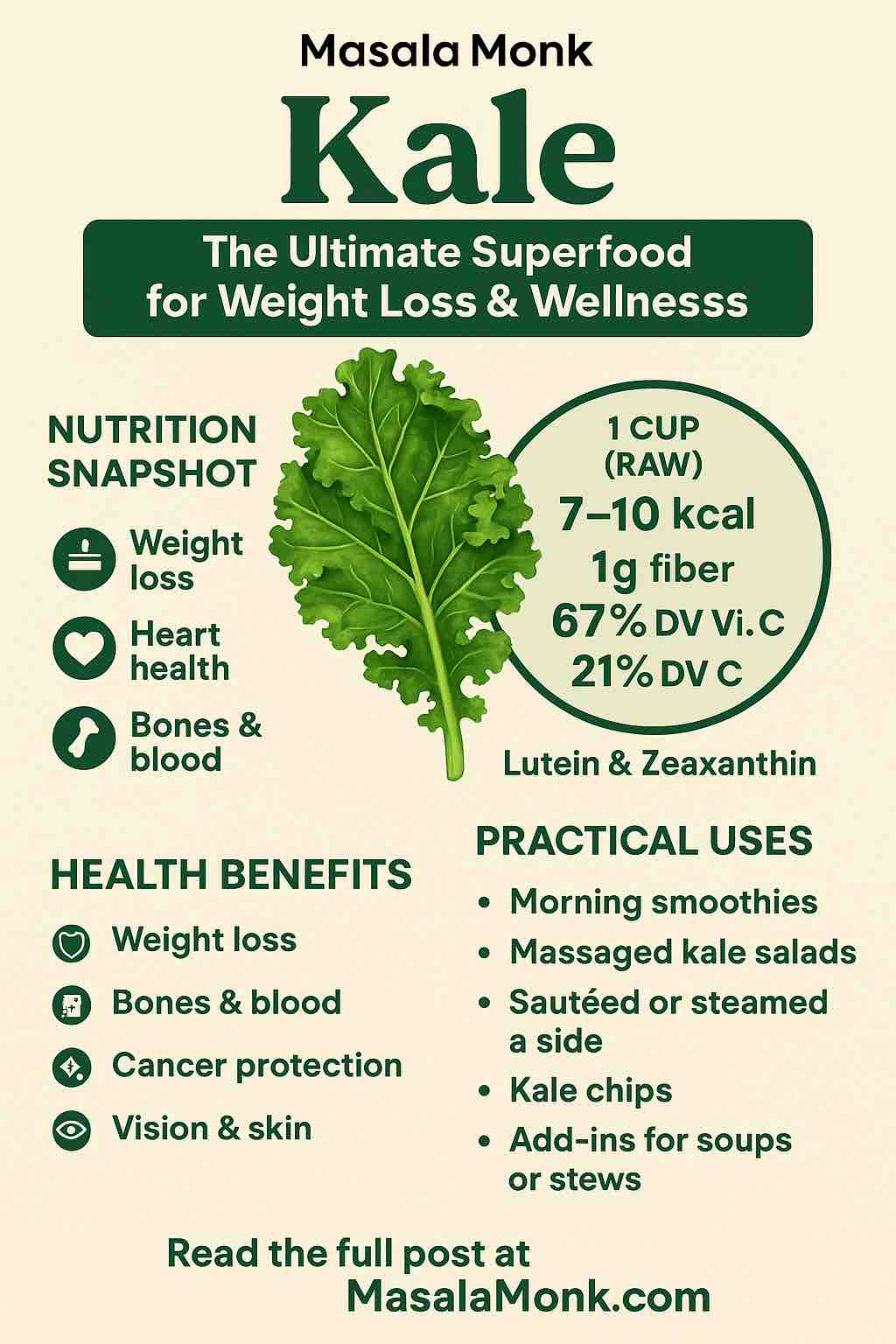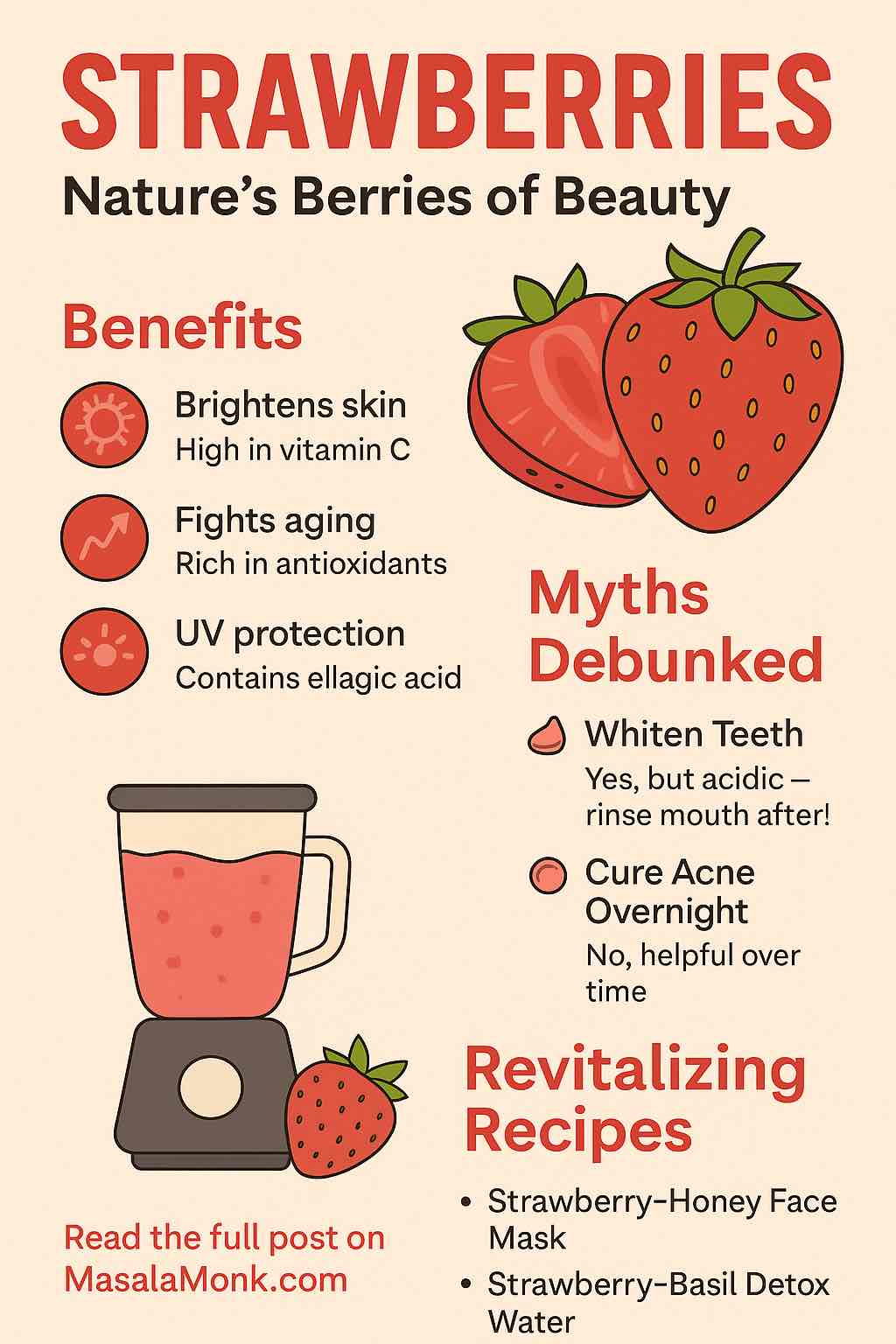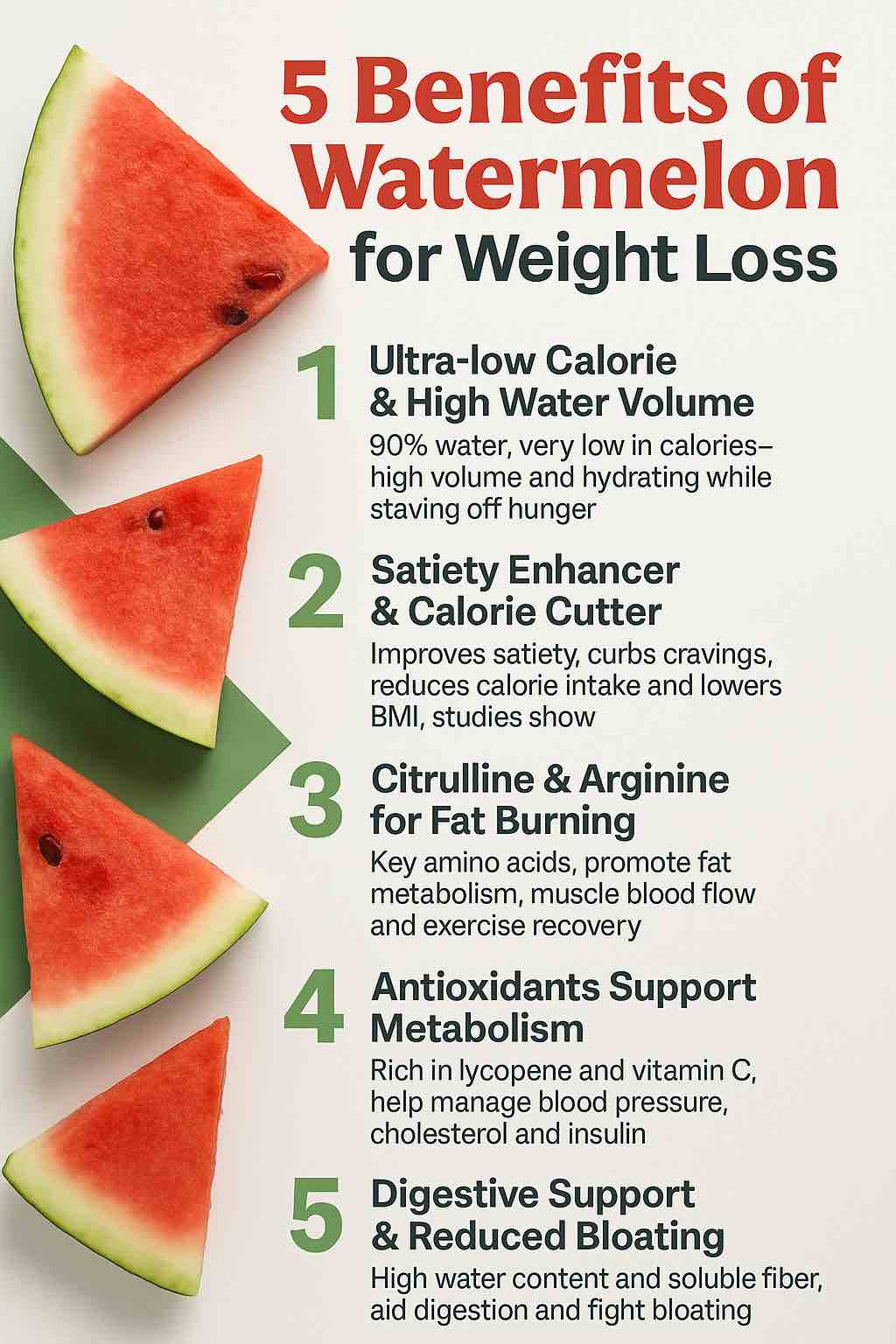
When it comes to weight loss, most people think of strict diets, boring meals, and endless calorie counting. But what if we told you that one of the most refreshing, juicy, and naturally sweet fruits could also be your best weight-loss ally? Yes, we’re talking about watermelon! 🍉
Beyond being a summer favorite, watermelon is packed with nutrients and bioactive compounds that support metabolism, hydration, satiety, and fat burning. Here’s a practical deep dive into how watermelon can help you shed pounds while staying refreshed and energized.
1. Ultra-Low in Calories, High in Hydration
Why it works: Watermelon is composed of over 92% water and contains only about 46 calories per cup. That means you can eat a satisfying portion without worrying about the calorie bomb.
How it helps:
- Keeps you full without excess calories
- Naturally suppresses appetite
- Reduces the need for calorie-dense snacks
Practical tip: Eat a bowl of watermelon before meals to help reduce overall portion sizes.
2. Natural Satiety Booster
Recent studies show that people who consumed watermelon daily for 4 weeks experienced greater satiety, reduced hunger, and lower body weight and BMI compared to those who ate low-fat cookies.
What makes it work:
- High volume of water and small amount of fiber
- Stimulates fullness signals in the stomach
- Helps regulate appetite hormones
Practical tip: Use watermelon as a mid-afternoon snack to curb sugar cravings without reaching for processed foods.
3. Rich in Citrulline: The Workout Recovery Ally
Citrulline, an amino acid abundant in watermelon, converts to arginine, which boosts nitric oxide production in the body. This supports better blood flow and helps muscles recover after exercise.
Why this matters for weight loss:
- Enhances exercise recovery and performance
- Reduces muscle soreness, keeping you more active
- May increase fat oxidation and metabolism
Practical tip: Blend watermelon into a post-workout smoothie for recovery and rehydration.
4. Packed with Antioxidants That Fight Inflammation
Watermelon contains lycopene, vitamin C, and beta-carotene — antioxidants that combat oxidative stress and inflammation. These are often elevated in obesity and can hinder weight loss efforts.
Key benefits:
- Supports a healthy metabolism
- Improves cardiovascular markers (blood pressure, cholesterol)
- Protects against insulin resistance
Practical tip: Pair watermelon with a few walnuts or chia seeds to create an antioxidant-rich, blood sugar-stabilizing snack.
5. Supports Digestion and Reduces Bloating
Because watermelon is hydrating and slightly fibrous, it gently supports digestion and helps flush excess sodium and toxins from the body.
Gut-related benefits:
- Eases bowel movements
- Reduces water retention and puffiness
- Helps minimize bloating and abdominal discomfort
Practical tip: Add mint and lime to fresh watermelon cubes for a bloat-busting summer detox salad.
Bonus: Watermelon is Naturally Delicious & Versatile
Incorporating watermelon into your diet doesn’t require a major lifestyle overhaul. It’s easy, affordable, and can be used in everything from smoothies to salads to sorbets.
Ideas to try:
- Watermelon cucumber salad with feta
- Frozen watermelon popsicles
- Watermelon basil smoothie
- Grilled watermelon slices with lime
Final Thoughts
Watermelon isn’t just a juicy treat; it’s a scientifically supported, nutrient-packed powerhouse that can help you lose weight while staying hydrated and energized. By making watermelon a regular part of your diet, you can naturally support your body’s fat-burning efforts without deprivation.
Remember: Weight loss doesn’t have to be about restriction. Sometimes, it’s about making smarter, fresher choices that work with your body. 🍉💪
🧠 10 Frequently Asked Questions (FAQs)
1. Can I eat watermelon every day for weight loss?
Yes, watermelon can be safely eaten daily as part of a balanced diet. It’s low in calories and high in hydration, which helps control appetite and support weight loss. Just be mindful of portion size if you’re watching sugar intake.
2. How much watermelon should I eat per day to lose weight?
A practical serving is 1.5–2 cups (200–300g) per day. This provides fullness without excessive natural sugar. Use it to replace high-calorie snacks or as a pre-meal filler.
3. Is watermelon high in sugar?
Watermelon contains natural sugars (~9–10g per cup), but its glycemic load is low due to high water content. When eaten in moderation and paired with protein or fat, it won’t spike blood sugar dramatically for most people.
4. Can watermelon help reduce belly fat?
Indirectly, yes. Its ability to increase satiety, reduce overall calorie intake, and support digestion makes it effective in lowering abdominal bloating and promoting fat loss over time.
5. Is watermelon good before or after workouts?
Both. Pre-workout, it provides quick hydration and energy. Post-workout, it helps with electrolyte replenishment and muscle recovery thanks to citrulline and potassium.
6. Does watermelon help with bloating and digestion?
Yes. Its water and fiber content promote gentle digestion, and its potassium helps reduce water retention and bloating.
7. Can people with diabetes eat watermelon for weight loss?
In moderation, yes. Diabetics should limit portions (e.g., 1 cup) and pair it with protein or healthy fat to reduce blood sugar spikes. Consult a healthcare provider for personalized advice.
8. What are some healthy ways to eat watermelon for weight loss?
Try:
- Watermelon salad with mint and feta
- Blended watermelon with lemon and chia seeds
- Watermelon cubes with cottage cheese
- Watermelon popsicles with lime
9. Are watermelon seeds safe to eat during weight loss?
Yes! Roasted watermelon seeds are high in plant protein, healthy fats, and magnesium—all beneficial for weight management.
10. Is the watermelon-only diet safe?
No. Mono-diets like the “watermelon diet” are not sustainable or balanced. They may cause nutrient deficiencies and rebound weight gain. Use watermelon as part of a varied, nutritious plan.

